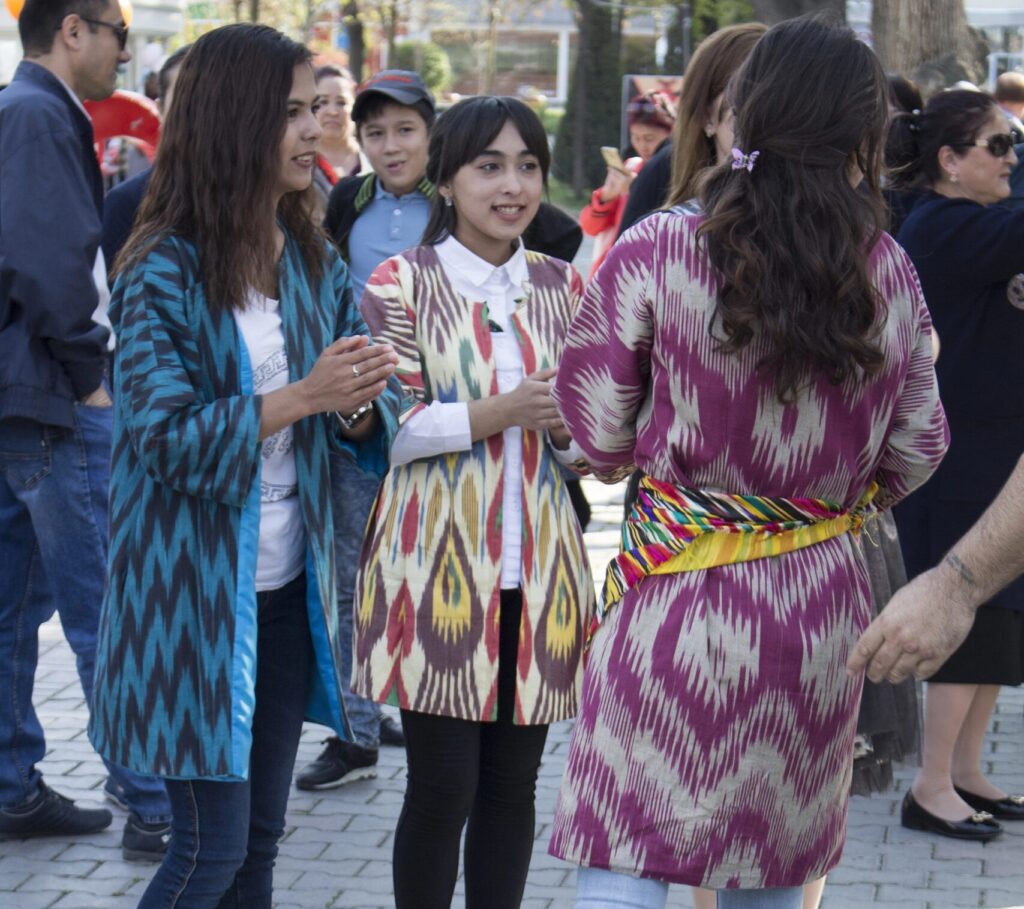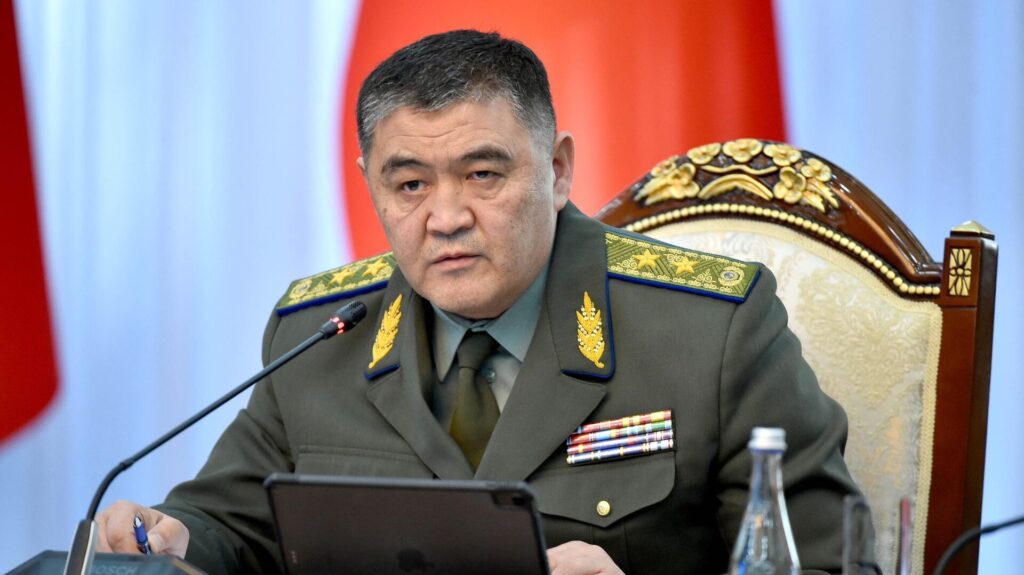Shavkat Umurzakov, the khokim of Tashkent, has signed a decree launching the National Tashkent project, an initiative aimed at promoting Uzbekistan’s cultural heritage and national traditions within the capital. The project includes a wide range of activities, from redesigning public spaces to reflect traditional Uzbek aesthetics to encouraging civil servants to adopt national attire. Public transportation, markets, parks, and other spaces across Tashkent will be adorned in a national style as part of this effort. Traditional Clothing for Civil Servants As part of the initiative, government employees in Tashkent are encouraged to wear traditional Uzbek clothing during work hours, provided it does not conflict with existing uniform requirements. To further promote this practice, Fridays have been designated as “National Dress Day” for civil servants. Employees of khokimiyats, departments, and other government agencies are being urged to embrace traditional attire on these days. A special working group, led by Shakhnoza Sultanova, deputy khokim and head of the Department for Family and Women's Affairs, has been tasked with overseeing the project. This group has developed an action plan that includes educational programs, public events, and support for local entrepreneurs who specialize in the production of ethnic clothing. Celebrating Uzbek Culture The National Tashkent project emphasizes integrating Uzbek cultural elements into mass events such as holidays, exhibitions, concerts, and sports competitions. Participants at these events will don traditional costumes, while the programs will feature folk games, dances, and songs. Contests and awards will further highlight the richness of Uzbek traditions. Additionally, the initiative envisions creating television programs, publishing articles in both traditional and social media, and launching public challenges such as “National Dress for Everyone.” A contest titled “The Best Promoter of National Traditions” will recognize individuals or organizations that effectively advocate for Uzbek culture. Educational institutions will also participate by hosting lectures on the history of national crafts and clothing. Cultural Zones for Tourists The project includes measures to enhance the cultural experience for tourists visiting Tashkent. Special zones will be created, featuring craft workshops, photo opportunities with national costumes, and curated cultural routes. Hotels and restaurants will host exhibitions and competitions to showcase traditional values, further engaging both residents and visitors. Public transportation will also reflect the project’s goals, with buses and transport cards decorated with national patterns. Similarly, the facades and interiors of shopping centers, markets, and museums will incorporate traditional Uzbek designs. Schools will see the introduction of “National Classrooms” decorated in the spirit of Uzbek culture. Strengthening National Identity The National Tashkent project is a comprehensive effort to preserve Uzbekistan’s cultural heritage, strengthen national identity, and pass down traditions to younger generations. By raising awareness of ethnic customs and promoting national pride, the initiative seeks to enrich the cultural fabric of the capital while fostering a deeper appreciation for Uzbekistan’s historical and artistic legacy.






